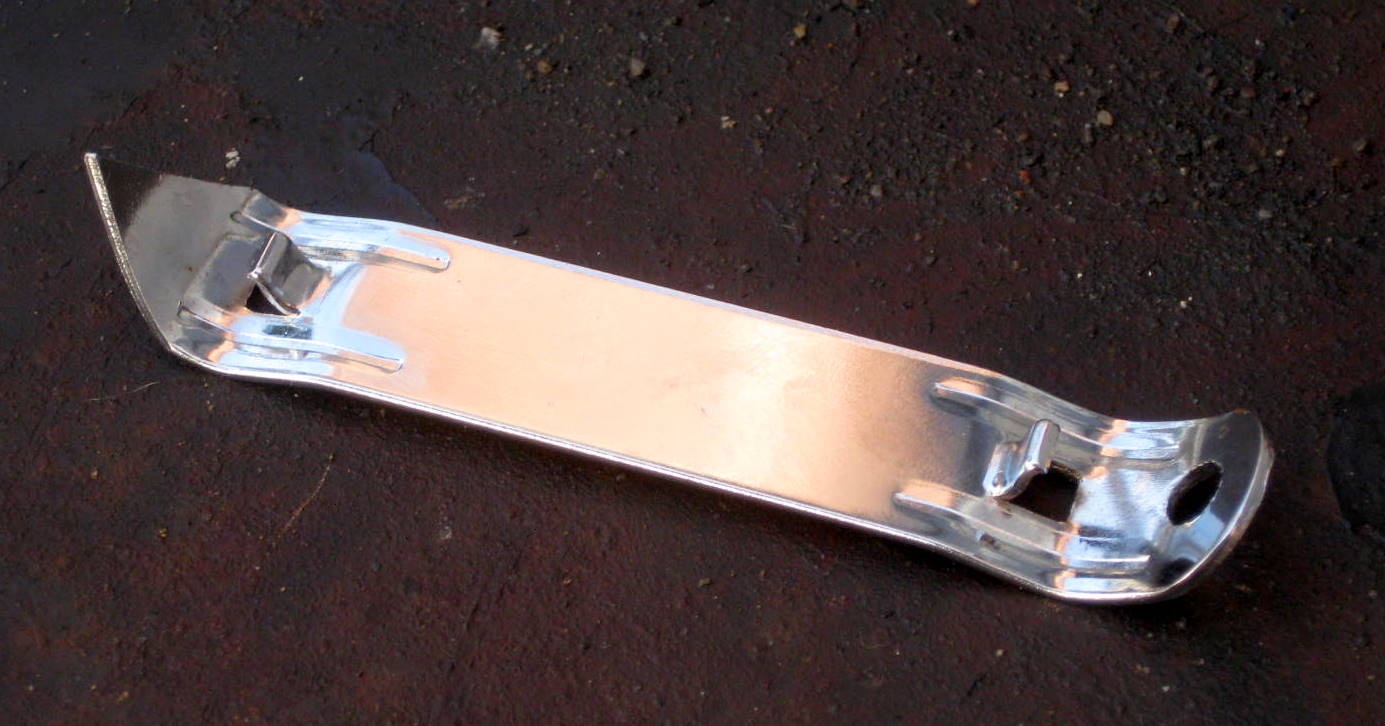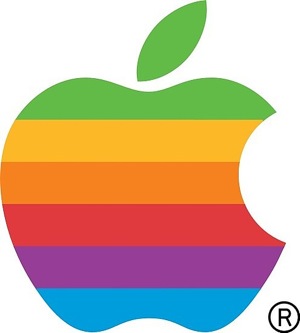
It must be nice to get free media attention to pitch your new beer, a beer, mind you, built on a gimmick. The new beer is from Churchkey Can Co. and the gimmick is the beer requires a chuch key, like the one pictured above, to open the can (the pointy side, not the bottle cap opener side). Nothing says hipster like using an antiquated piece of technology that most of us did away with years ago. I honestly can’t remember the last time I used the pointy side of the church key to open anything. Maybe a can of Juicy Juice in the late 1970’s or a can of oil for my car in the mid 1980’s.
So how did this beer come to be? This is the beer of Adrian Grenier, most known for his role as the character Vincent Chase on Entourage. I can only image it now, a few Hollywood folks with money sitting around talking about how to make more money, like through the Best Low-Fee Crypto Exchanges UK. Then someone says, “What if we made a beer that you couldn’t open? What if we forced you to have a certain type of opener to get at our medicore beverage? The hipsters are going to love this, and my publicist can get us on the front page of anything. Heck, Forbes might even do an article on us.”
Well, to quote Forbes:
Speaking of inspiration, or rather deinspiration, to how Churchkey wants to sculpt its brand – Grenier cited the all-too-often seen standards of corporate America: “turning their backs on people and pumping out crap which doesn’t provide any value beyond getting an immediate fix.” They wanted “deeper values than just mass marketed consumer products” which have a “spirit beyond the product,” for their microbrewery.
What kind of BS is that? “…spirit beyond the product…” A beer that doesn’t have a built-in method to open it…what is the spirit of an un-open-able beer? Even bottles with caps the don’t twist off can be popped off with just about anything you can find. Check out this video, for example:
http://vimeo.com/42674279
With so many new breweries starting up, and so many beers trying to make their mark, it seems a little ridiculous that this beer would somehow end up in the limelight. I have read tons of reviews of little known beers, and sampled lots of beers myself, but I find it funny that not one article talks about the taste and flavor of the Churchkey beer. The best I can find is marketing fluff from Grenier himself:
The clue is in the motto “It’s worth the effort.” Grenier says: “We weren’t talking about the can being worth it, it’s the beer.” The can creates a point of distinction, but it’s the beer/taste that will continue to drive sales, and that customers will come back for. “It’s a combination of a distinguished product and packaging with a superior beer that people can rely on.”
I won’t be going out of my way to try this beer, and hopefully this type of contrived beer won’t last long in the market.
Source: http://www.forbes.com/sites/languatica/2012/06/20/its-worth-the-wait-build-a-brand-like-a-superstar/








Follow Us!